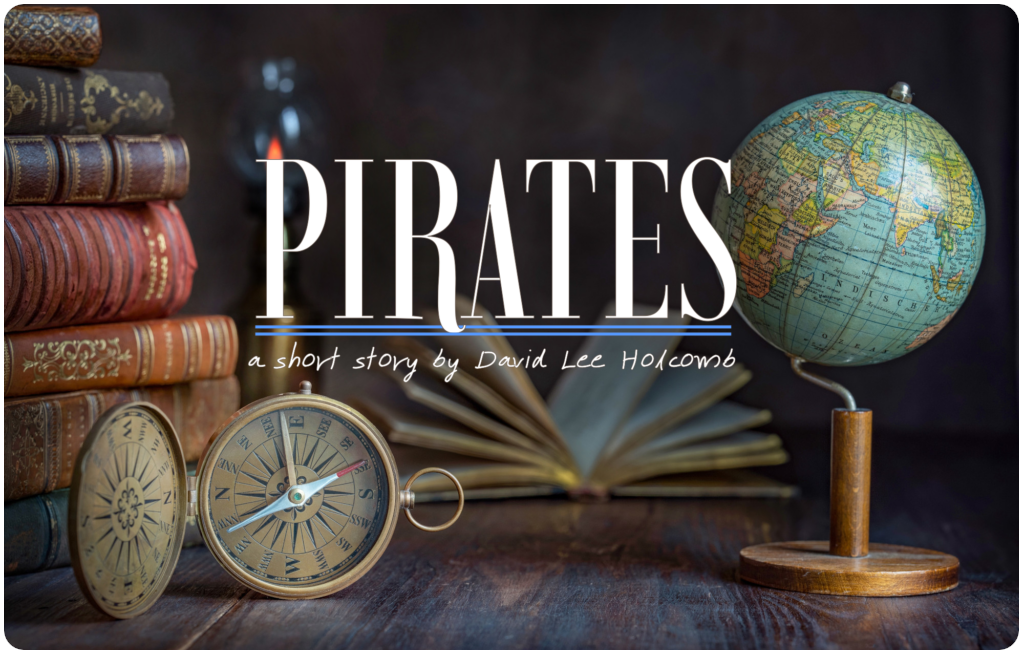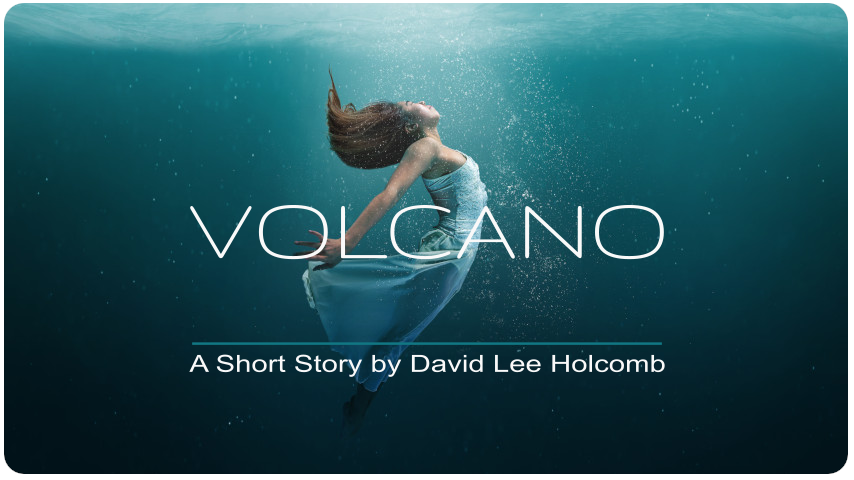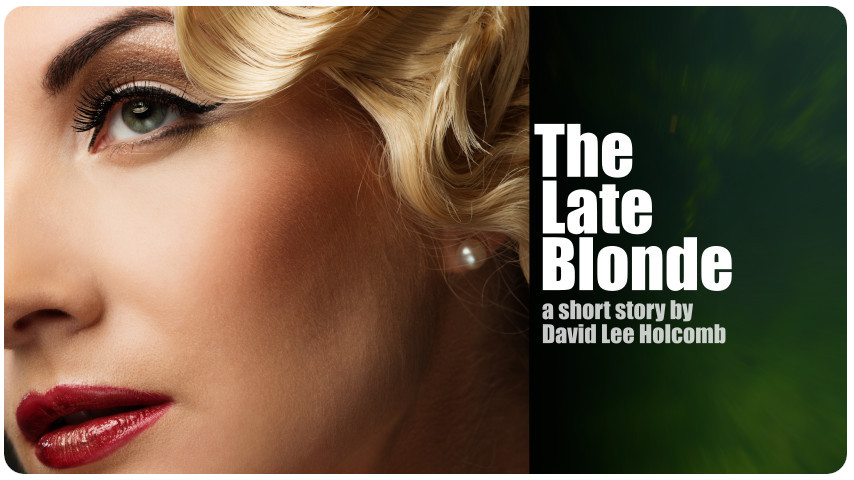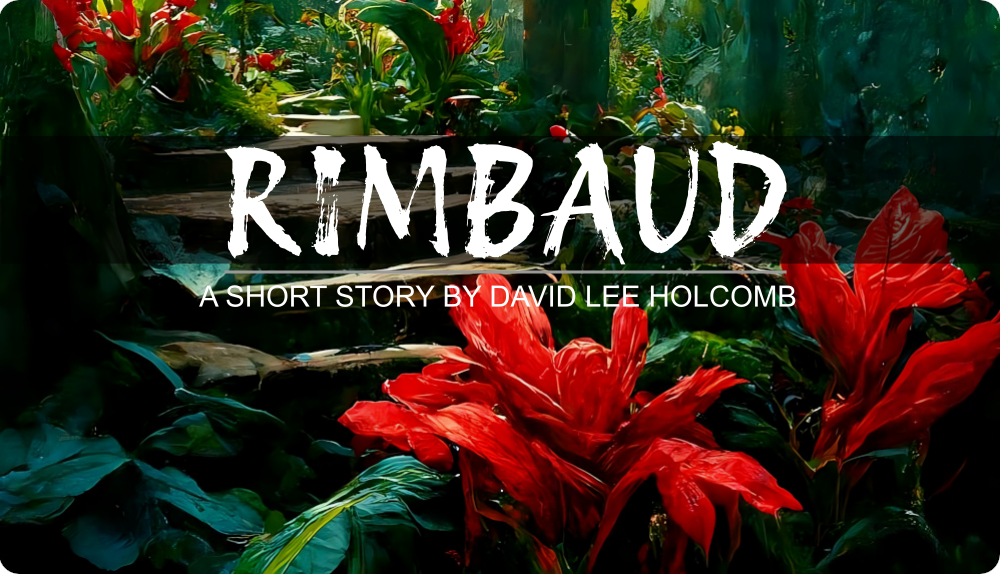Tag: Writing
-

Strange News in-person events
•
I still have one more in-person Strange News event scheduled for this summer, so if you didn’t make…
-
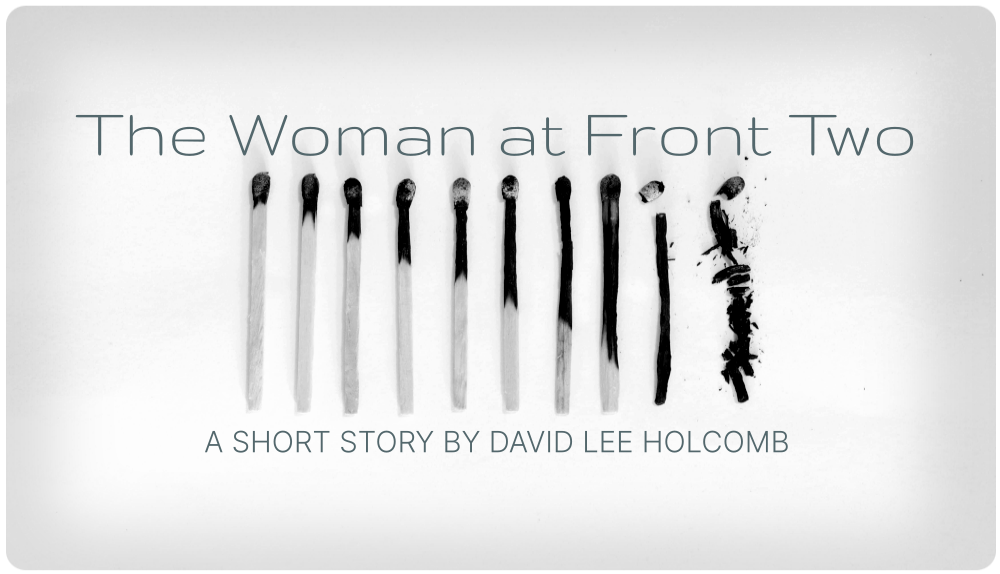
“The Woman At Front Two”
•
The woman at table Front Two does not look happy. This seems wildly unfair, given that she is…
-
Nothing if not critical …
•
It’s easy to forget sometimes that the work of creating art is not like putting in a new…
Recent Posts
Social Media & Email
Sign up for email notifications!
Click here to get on my mailing list for advance info and excerpts from upcoming work and events. Just put “Mailing List” in the subject line.
